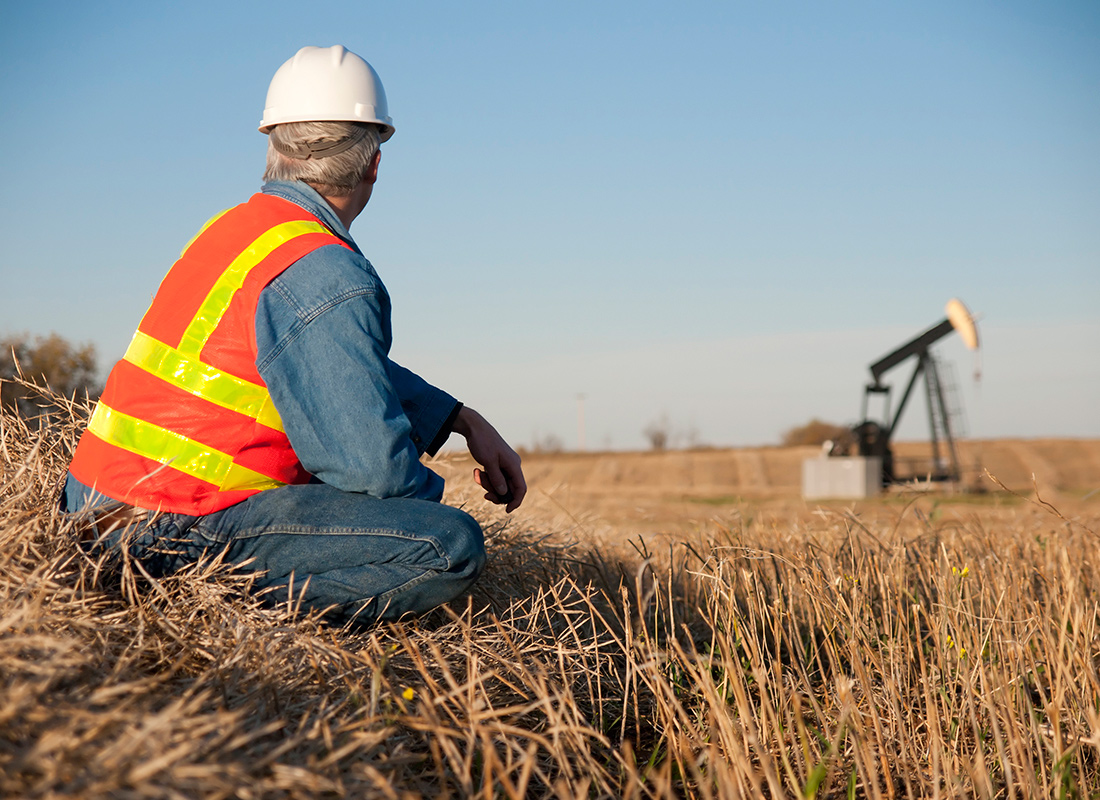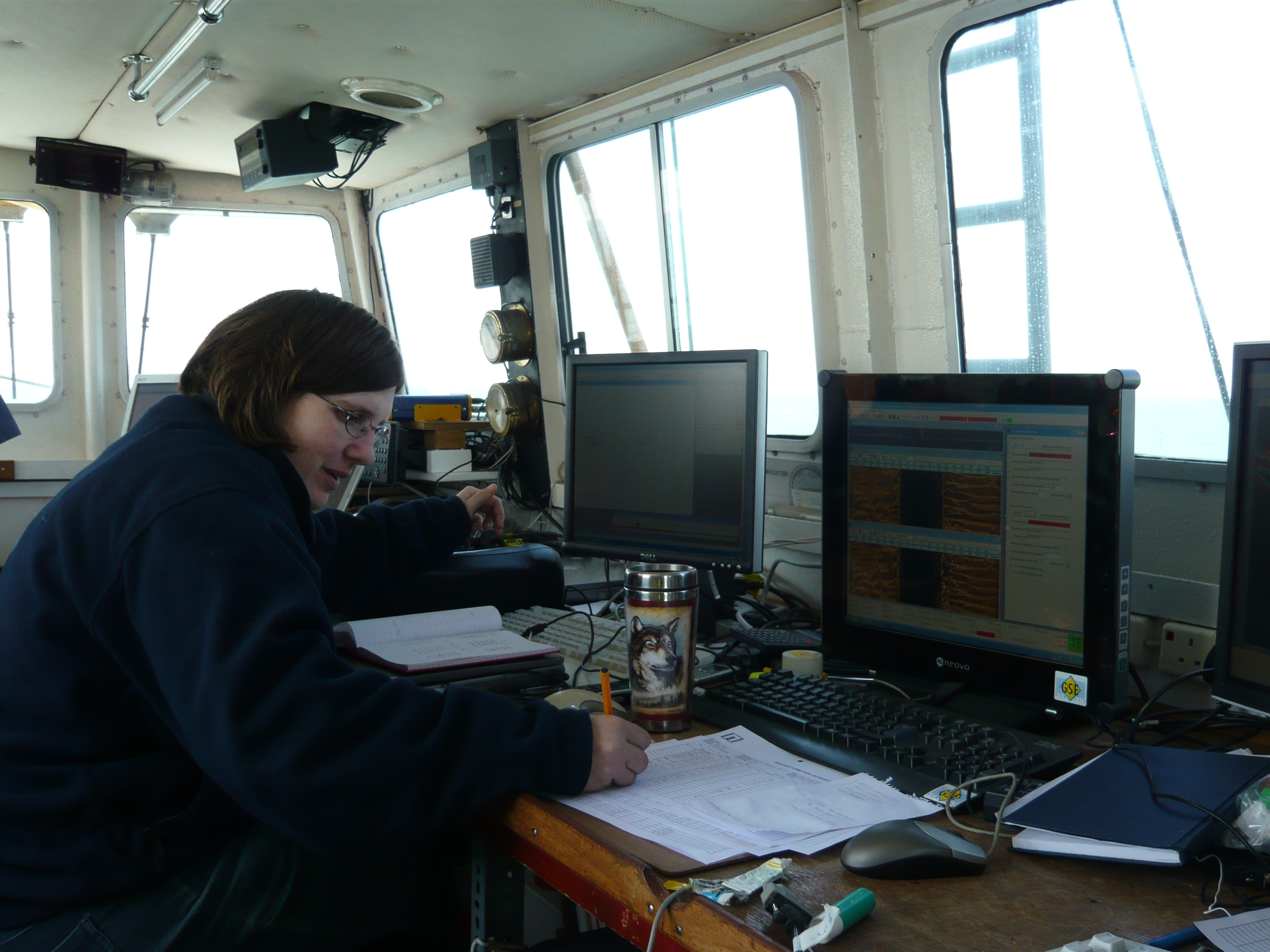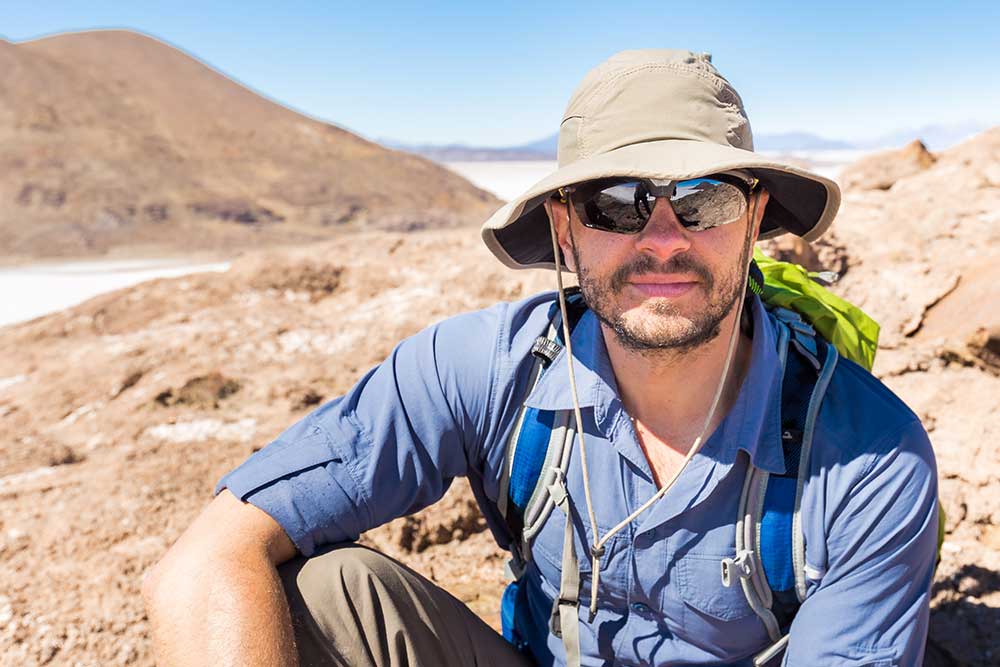All Categories
Featured
Table of Contents
Geophysical Surveys: Definition & Methods in Kardinya Aus 2020
This work is increasingly contracted out, so consultancies supply another source of work. Consultancy firms vary in size, from really small business to large multinationals. Some consultancies are quite specialised in utilizing particular geophysical techniques or operating in specific locations, while others offer a more diverse variety of services to their consumers.
The extraction of gas from land fill sites is another area of work and this might grow in the future. Exploration companies may carry out work for building companies, public utility, mining business and ecological companies, so geophysicists may be employed in any of these settings. Other companies consist of: geological surveysgovernment bodies and agenciesuniversities and research study institutes.


Vacancies might be noted in the oil and gas sector press. Recruitment is affected by oil price fluctuations and the level of competitors for positions varies depending on this. Careers Days, which cover the complete variety of geoscience professions and are typically participated in by a variety of crucial industry employers, are run by The Geological Society.
Geophysical Survey in Butler Oz 2020
Some of the large oil and gas companies offer a full two-year structured training programme across the breadth of geophysics, including the opportunity to experience work in different groups before specialising in one location. Your training might include deal with: existing wellsmagnetic and gravitational possible field information analysisresearchrock analysis. Nevertheless, it's more typical for your preliminary training to be offered on the job.

There might be a probationary duration during which you work along with a skilled associate. Competency-based appraisals happen routinely in the majority of companies. In smaller sized companies, and for academic posts, there is unlikely to be any formal training - you'll be expected to begin work straightaway and choose up skills as you go along.
If you work for a smaller sized company, you may discover that you require to take responsibility for organizing and funding your own advancement and training. If you have a geology degree, membership of The Geological Society can be beneficial for networking and for maintaining to date with the market.
Airborne Geophysical Measurements in Kenwick WA 2023
You may also find it beneficial to sign up with the PESGB (The Petroleum Expedition Society of Great Britain, which has a geophysics unique interest group. After a probationary duration, and when you've gained some experience, you could progress to senior geophysicist, then team leader and then into a senior role in management.
The ease of motion in between functions depends on the company structure. Study at Masters or Ph, D level in a subject related to geophysics or geosciences may assist with your profession advancement and development. The work market within the oil and gas industry is very dependent on rate and this might affect your chances for profession progression.
For experienced geophysicists, freelance consultancy provides an excellent route for career development. As a geophysicist, you're likely to have several tasks throughout your working life.
Why Study Geophysics? in Mount Nasura Aus 2020
From geophysics, it's possible to concentrate on seismology (finishing further training to become a seismic interpreter) or to move into related areas such as engineering geology or danger forecast.
Deciding what to study in college is a tough option. Even if you understand that your field of interest lies in science, what program of study is best for you? If you make the decision to major in physical and biological sciences and pursue a profession as a geophysicist, you're getting ready for an exciting and rewarding profession.
But the initial step to accomplishing your goal of ending up being a geophysicist is earning a degree. Even for entry-level positions in the field of geoscience, you'll require a bachelor's degree (a geophysicist college degree) from a certified college or university. Some research study positions require candidates to hold master's degrees or even Ph.
Geophysics in Bickley Oz 2023
Doctoral degrees are specifically essential if you prepare to teach at a four-year institution. Geophysicists use physics principles and strategies to study the gravitational, magnetic, and electric fields of the earth. This furthers researchers' understanding of both the planet's interior core and its surface area. Geophysicists must have the ability to: analyze rocks, pictures, and other pieces of information conduct research study both in the field and in labs produce maps and charts of their findings compose reports To accomplish all this, trainees require a specialized education for geophysicist professions.
As mentioned above, you'll need a bachelor's degree in geoscience or an associated discipline, such as a physical science or a natural science, to land an entry-level job. Trainees can also prepare by majoring in topics like: Biology Chemistry Computer system science Engineering Mathematics Physics The above geophysicist majors offer a more generalized technique to a single clinical discipline, however the majority of programs need students to take one or more geology course.
Table of Contents
Latest Posts
What Are Geophysical Surveys & Why Do They Matter in Parkwood WA 2023
Geophysical Methods in Merriwa Western Australia 2021
Geophysicist: Job Description, Duties And Requirements in Western Australia 2022
More
Latest Posts
What Are Geophysical Surveys & Why Do They Matter in Parkwood WA 2023
Geophysical Methods in Merriwa Western Australia 2021
Geophysicist: Job Description, Duties And Requirements in Western Australia 2022